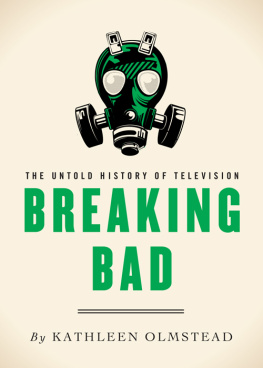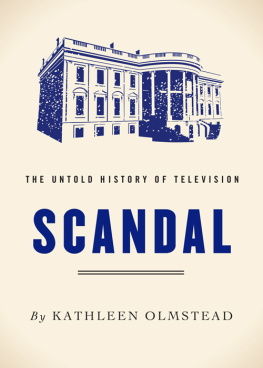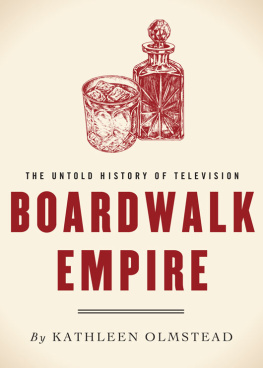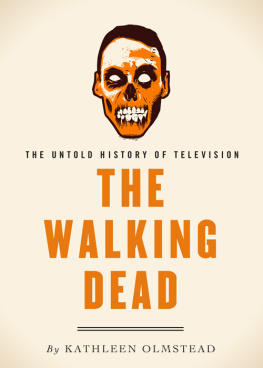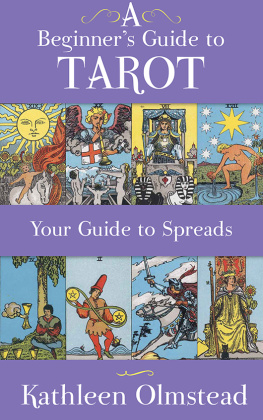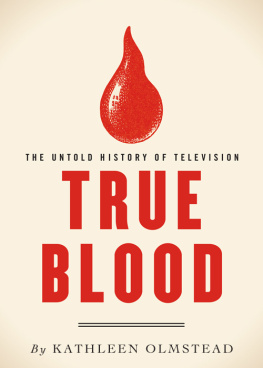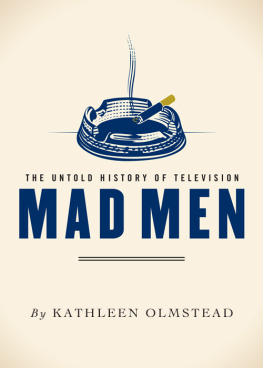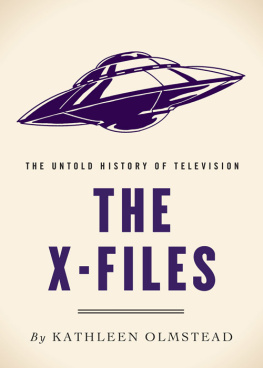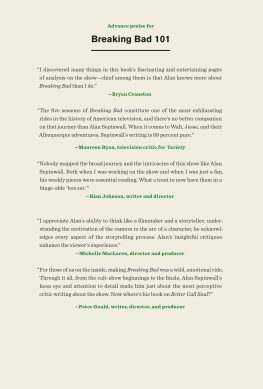Contents
Making great television poses many challenges, not the least of which, according to Breaking Bads creator and executive producer, Vince Gilligan, is that characters are rarely allowed to change. This rule has exceptions, of course. After all, where would soap operas be if characters couldnt switch from honourable to despicable and back again? And over the five seasons of Alan Balls Six Feet Under, characters evolved, and some were remarkably different people by the end of the series. In Breaking Bad, character change propels the series forward, but Gilligan takes an unusual approach. Breaking Bad is about the descent of man, and of one man in particular: Walter White, a high school chemistry teacher, part-time car wash employee, father, cancer patient and crystal meth cooker in Albuquerque, New Mexico. The audience may think theyve heard all the drug dealer stories there are to tell, but Walter Whites journey from upstanding citizen to underworld criminal is unique in the television world. And the show not only offers a remarkable story but also has a compelling way of telling it. Breaking Bad provides both astonishingly tense and outrageously funny moments, often at the same time.
The show opens with Walter White discovering he has advanced lung cancer. In an attempt to accumulate enough income that his pregnant wife, Skyler, and teenage son, Walt, Jr., who has cerebral palsy, will be financially secure after hes gone, Walt decides to take an unorthodox path. While on a ride-along with his brother-in-law, Hank Schrader, a DEA agent, Walt watches as a former student of his, Jesse Pinkman, makes a quick escape during a drug raid. He sets out to find Jesse, who is making use of chemistry despite his dismal performance in Walts class. Unimpressed with Jesses inferior product, Walt convinces him that if they work together to cook a higher quality of crystal methamphetamine, they can make more moneyWalt knows the chemistry and Jesse understands distribution. So they buy an RV, head out into the New Mexico desert, and get to work.
Walt leaves his family in the dark as he explores his new life. They assume that his erratic behaviourhe disappears for hours or days at a timeis the result of stress from his illness or dementia from the treatment. He is living a double life, and as he gains ground in one, he loses hold in the other. Gilligan points out that Walts actions arent those of a desperate man with no other recourse. Walt makes a conscious choice to take a criminal path. Over and over, he makes the wrong decisions. And rather than stopping, he picks up speed, altering the lives of those around him. During the five seasons of Breaking Bad, the White family dissolves, then rebuilds, then dissolves again. Walt and Jesse are often at odds (whether or not their partnership is intact) but are still loyal in the ways that people who have been through fire together can be.
To break bad means to let loose, cause trouble and let off steam. Vince Gilligan heard the phrase often while growing up in Virginia, and he assumed it was a saying everyone knew. Not realizing that it was a regional expression, Gilligan encountered confusion when he pitched his idea to networks, and hes had to explain the terms meaning many times since. Even one of the executives at Sony Pictures, the studio that produces Breaking Bad, suggested he change the title. But the name conveys the slightly unusual and offbeat quality that the series captures so well, and there really is no better way to describe Walts transformation. He breaks his mould, raises hell and breaks bad.
Gilligan was born in 1967 and grew up in Farmville, a small town near Richmond, Virginia. Like many people of his generation, he was inspired by Star Wars and other science fiction films to become a filmmaker. After graduating from the Tisch School of the Arts at New York University, he won the 1989 Virginia Screenwriting Competition for his script Home Fries, which he had written during his time at film school. One of the judges was Mark Johnson, a producer whose film Rain Man won the Academy Award for Best Picture in 1989. Johnson contacted Gilligan afterwards, asking if he had any other scripts. Over the next few years, Gilligan lived in Virginia and sent scripts to Johnson, who then pitched them to studios. It wasnt until 1993 that a Gilligan scriptWilder Napalmfinally reached theatres. (Home Fries, starring Drew Barrymore and Luke Wilson, was finally produced in 1998.) He continued to pitch story ideas and worked as an uncredited script doctor until 1995, when he made the move from Virginia to Los Angeles to work on The X-Files. One of Gilligans scripts, Soft Light, had been produced in the second season, and Chris Carter, the shows creator and producer, offered him a job.
Running from 1993 to 2002, The X-Files was a television phenomenon in the 1990s. The world of alien visitations, government conspiracies and unexplained phenomena was a perfect fit for the Internet, which was just hitting its stride in the mid-to-late 90s. Fans created websites and discussed every plot and story arch in detail on forums. The series stars, David Duchovny and Gillian Anderson, were sci-fi convention royalty. Gilligan joined the production team during the third season, writing more than two dozen episodes and serving as a producer. Gilligan also worked on the short-lived X-Files spinoff The Lone Gunmen and the Chris Carterproduced Harsh Realm. In the years that followed, Gilligan wrote scripts for various television shows, such as the rebooted Night Stalker, starring Stuart Townsend, and the 2008 Will Smith film Hancock.
It was during this time that Gilligan had what he calls a rare eureka moment. He and Tom Schnauz, a friend from NYU film school who had also worked on The X-Files and who would later become a producer and writer on Breaking Bad, were talking about what they should do next in their careers. Gilligan joked that they could work as greeters at Walmart. Schnauz suggested that they buy an RV and then travel the country cooking meth. After checking that Schnauz didnt mind if he explored this idea, Walter White quickly began to take shape as Gilligan plotted out the story. He wanted to create a show about consequences. Every action that a character would choose to make would affect personality, family, money and morality. Starting with the notion of a man turning forty and experiencing a mid-life crisis (Gilligan was turning forty at the time), Gilligan wondered what would happen if a man who had always lived a careful and lawful life suddenly decided to break bad.
It seems Gilligan didnt have just one inspiration for Breaking Bad. He is a fan of a diverse range of television shows, from M*A*S*H and The Twilight Zone to The Andy Griffith Show and WKRP in Cincinnati. They inform his writinghe admires good storytelling and the potential for humourbut they dont define his work on Breaking Bad. One show that he does mention as having a connection to Breaking Bad is Wiseguy, which Gilligan watched during his college years. A federal agent is undercover with the mob, and his ability to avoid being corrupted is constantly in question as he moves deeper into the organization. Jonathan Banks, one of the leads of Wiseguy, stars on Breaking Bad as private detective Mike Ehrmantraut.
Sony Pictures agreed to produce the show. Gilligan then began the long, arduous process of pitching to networks.

